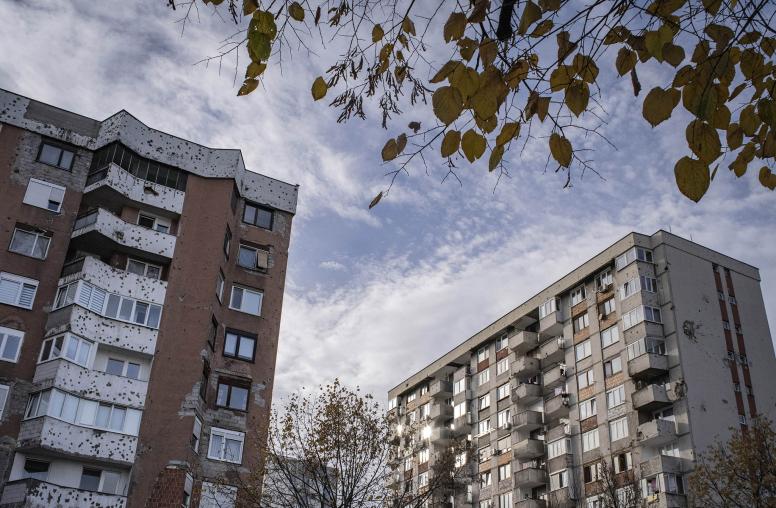Knox Thames on the State of Global Religious Freedom
It’s been 40 years since the U.N. adopted a resolution to end persecution based on faith and defend religious minorities. USIP’s Knox Thames says decades later, “It’s a work in progress … While the situation is bleak, there is a global movement that is starting to build and trying to meet this challenge.”
U.S. Institute of Peace experts discuss the latest foreign policy issues from around the world in On Peace, a brief weekly collaboration with SiriusXM's POTUS Channel 124.



